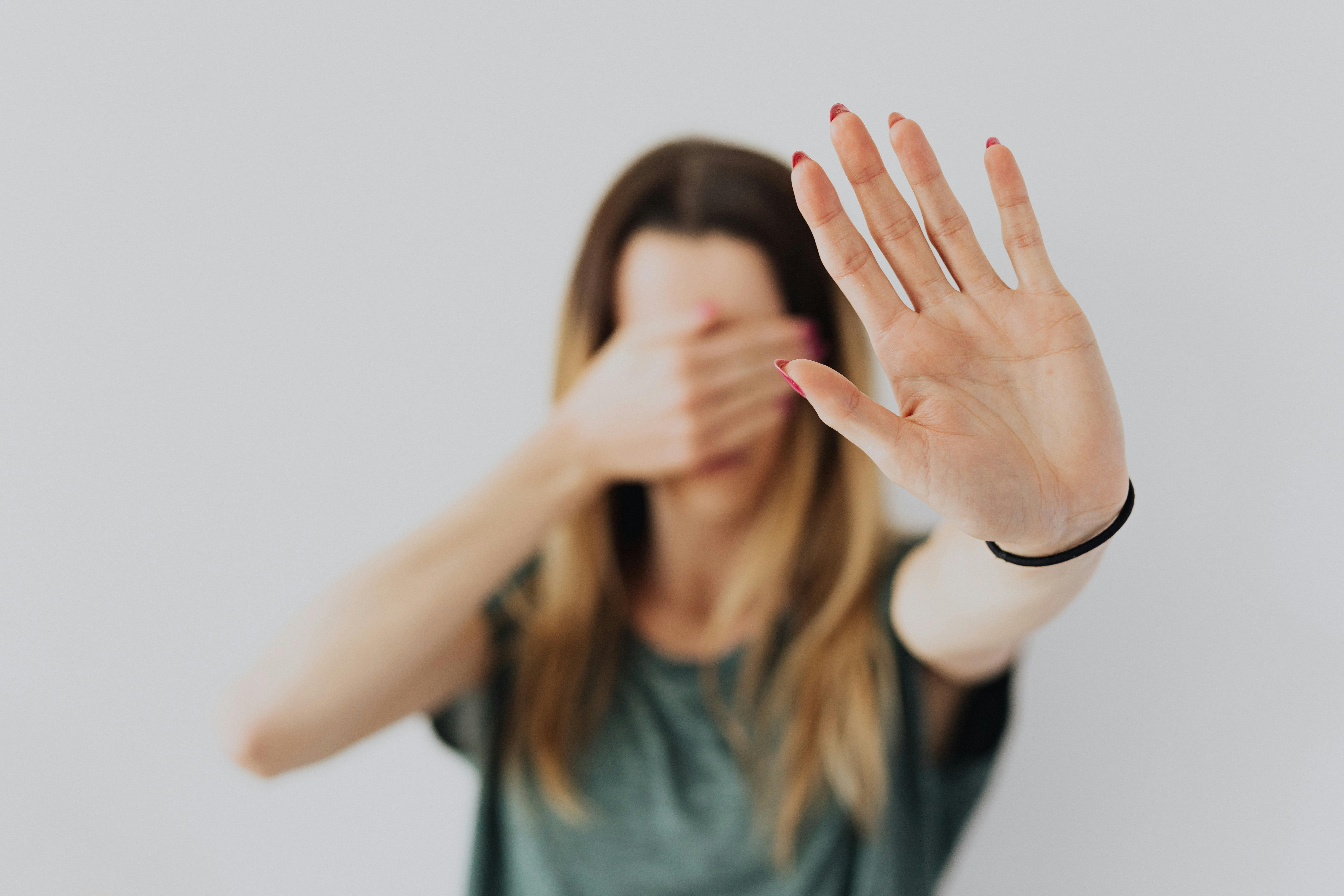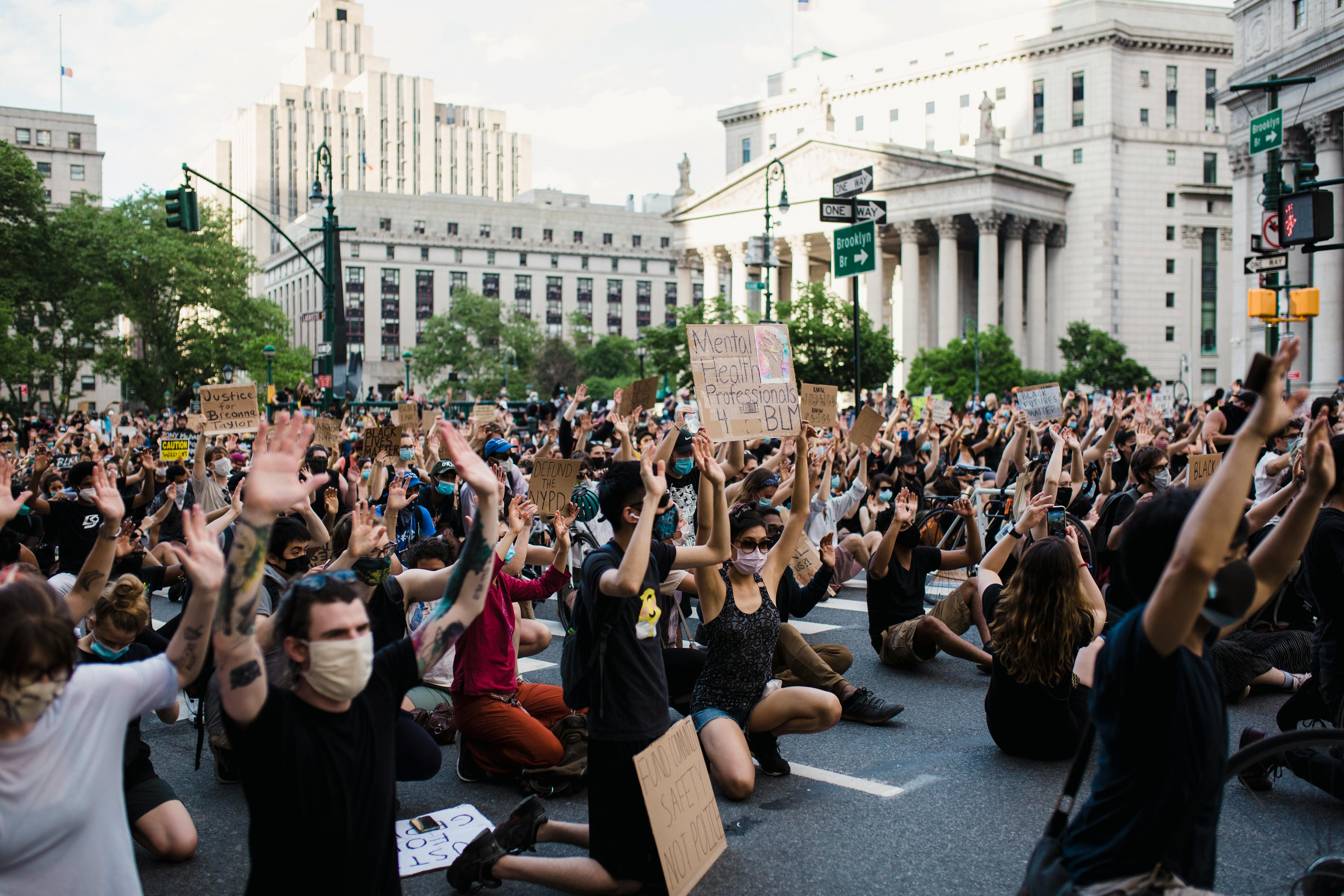
PTSD Isn’t Just a War Wound: Everyday Trauma and Its Impact
By: Esther Olayinka Omoyele
Our minds frequently picture combat-hardened soldiers returning from war zones when we hear the term "PTSD." Although trauma from combat is a major contributing factor, PTSD is a condition that affects people far from the battlefield. Anyone who has gone through or witnessed a traumatic event, regardless of their background or line of work, may be impacted by this widespread mental health illness.
Our minds frequently picture combat-hardened soldiers returning from war zones when we hear the term "PTSD." Although trauma from combat is a major contributing factor, PTSD is a condition that affects people far from the battlefield. Anyone who has gone through or witnessed a traumatic event, regardless of their background or line of work, may be impacted by this widespread mental health illness.
Understanding PTSD Beyond the Battlefield
People who have experienced or witnessed a traumatic event, such as a natural disaster, serious accident, terrorist act, war or combat, rape, or other violent personal assault, may develop post-traumatic stress disorder (PTSD). But it's important to understand that trauma is a personal experience; what traumatises one person may not traumatise another.
PTSD can happen after things like emotional abuse, the sudden death of a loved one, or being in stressful situations for a long time.
The Invisible Wounds of Everyday Trauma
Everyday traumas, like not being in a war or a big disaster, can be just as bad. For example, people who were abused as children, were victims of domestic violence, or were severely bullied may still have PTSD symptoms as adults. Some of these symptoms are flashbacks, nightmares, severe anxiety, and thoughts about the event that you can't control.
Also, being indirectly exposed to traumatic events, like seeing upsetting news reports or social media posts over and over again, can affect mental health. The American Psychiatric Association says that even if you don't directly experience a traumatic event, being exposed to it indirectly and repeatedly can still hurt your mental health.
Recognising the Signs
PTSD can show up in several ways, and its symptoms can be put into four groups:
1. Intrusive Memories: Unwanted, distressing memories of the traumatic event that keep coming back.
2. Avoidance: Staying away from people, places, or things that remind you of the bad things that happened.
3. Changes in mood and thinking that are bad: feeling hopeless, having trouble remembering things, or having trouble keeping close relationships.
4. Changes in how you feel and how your body reacts: Being easily scared, having trouble sleeping, or feeling very guilty or ashamed.
It's important to know that these symptoms can change over time and from person to person.
The Importance of Trauma-Informed Care
Many organisations and healthcare providers are implementing trauma-informed care approaches in recognition of the pervasive effects of trauma. This entails being aware of, comprehending, and reacting to the consequences of all forms of trauma. Providers can foster a healing environment and lower the risk of re-traumatisation by incorporating this knowledge into policies, procedures, and practices.
Looking for Assistance and Support
It's critical to get professional assistance if you or someone you know is experiencing symptoms of PTSD. PTSD has been successfully treated with cognitive-behavioural therapy (CBT), eye movement desensitization and reprocessing (EMDR), and medication. Peer support and support groups can also foster a feeling of understanding and community.
Recall that PTSD is a reaction to trauma, not a sign of weakness. People can start down the road to recovery and take back their lives by admitting and dealing with it.
Our continued dedication to advocating for mental health is reflected in this article. Please get in touch with mental health professionals right away if you or someone you know is experiencing a crisis.
References:
- American Psychiatric Association. (n.d.). What is PTSD?. Retrieved from https://www.psychiatry.org/patients-families/ptsd/what-is-ptsd
- Mayo Clinic. (n.d.). Post-traumatic stress disorder (PTSD). Retrieved from https://www.mayoclinic.org/diseases-conditions/post-traumatic-stress-disorder/symptoms-causes/syc-20355967
- American Psychiatric Association. (n.d.). The impact of trauma – even from a distance. Retrieved from https://www.psychiatry.org/news-room/apa-blogs/the-impact-of-trauma-%E2%80%93-even-from-a-distance
- Wikipedia contributors. (n.d.). Trauma-informed care. In Wikipedia, The Free Encyclopedia. Retrieved from https://en.wikipedia.org/wiki/Trauma-informed_care
- Wikipedia contributors. (n.d.). Peer support. In Wikipedia, The Free Encyclopedia. Retrieved from https://en.wikipedia.org/wiki/Peer_support
Recent Post

Latest
Escapism vs Healing: Why We Vacate Over the Holidays and What It Does to Our Mental Health
Read more
Latest
The Silent Pressure in the Age of Youth Activism
Read more
Latest
Grief over Summer
Read more
Latest
Compassion Fatigue: When Helping Hurts – A Call to Action on World Humanitarian Day
Read more